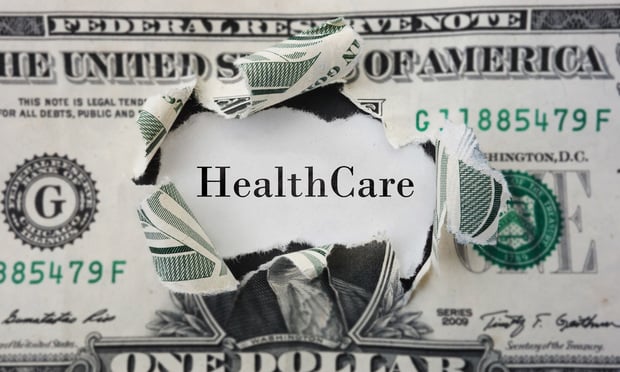Information is a word that's bandied about in no small measure in this country when the subject of health care comes up. It costs too much, some say. Too many people go without it in any given year, others add. Health care costs gobble up any boost in wages, statistics show. Medicare and Medicaid threaten to consume the national budget, still others cry out.
Several factors contribute to the woes of the U.S. health care system, a system that costs more than any other in the world without exhibiting a higher level of quality or better outcomes. One factor is employer fatigue with rising costs. General Motors once said it spends more on health benefits for its employees and retirees than it does on steel for its vehicles. Employers are tired of the increases.
Another factor is the fragmented way in which the system runs, which leads to a lack of coherence on clinical guidelines and even definitions of what constitutes effective care. There are many other factors contributing to the health care system's woes, but the last that will be covered here is the need for comparative information that consumers can use to make informed decisions.
Complete your profile to continue reading and get FREE access to BenefitsPRO, part of your ALM digital membership.
Your access to unlimited BenefitsPRO content isn’t changing.
Once you are an ALM digital member, you’ll receive:
- Critical BenefitsPRO information including cutting edge post-reform success strategies, access to educational webcasts and videos, resources from industry leaders, and informative Newsletters.
- Exclusive discounts on ALM, BenefitsPRO magazine and BenefitsPRO.com events
- Access to other award-winning ALM websites including ThinkAdvisor.com and Law.com
Already have an account? Sign In
© 2024 ALM Global, LLC, All Rights Reserved. Request academic re-use from www.copyright.com. All other uses, submit a request to [email protected]. For more information visit Asset & Logo Licensing.








